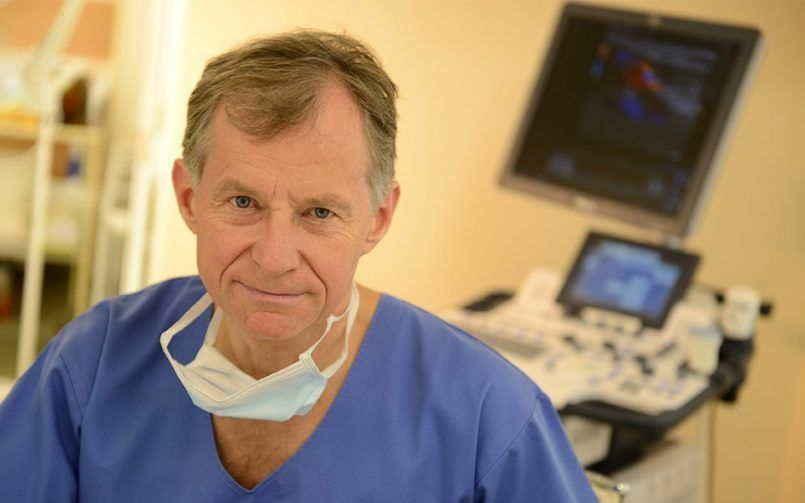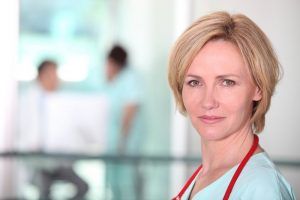
RM INTERVIEW – DR OTA SCHÜTZ, VASCULAR SURGEON, PART 2
Is it possible to prevent varicose veins? And what options does modern medicine offer when the surgery is inevitable? We bring you the second part of the interview with a leading Czech specialist, Dr. Ota Schütz, Head Surgeon of the clinic.
What treatment methods are available?
At the beginning of the development of varicose veins we prefer conservative treatments – i.e. medical compressive elastic stockings of proper length and level of compression, selected by a health professional.
Do patients also seek preventive care?
Yes they do, especially those who have a high genetic predispositions. In case both of your parents have this problem, the probability rises to up to 90%. During the consultation, we learn the state of the venous system of the lower limbs. However, we are also examining the arterial system in diameter, therefore we are able to detect the onset of atherosclerosis. Then we introduce and discuss preventive measures.
What are these preventive measures?
As I mentioned – exercises, rather aerobic based – bike, exercise bike, running, swimming, gym (approx. 10%). The next step is your diet, make sure you are not overweight. We are talking about a balanced diet and the notorious rules for healthy eating. Unfortunately, there is no food that can cure the varicose veins. Rutin supplements are often mentioned, but they only help to solve the associated problems. Buckwheat or black currant are a good source of rutin. However, if one had to take a full daily dose, one would have to eat a huge amount of buckwheat, black currant or black crane. We calculated that it would have to be about 27 kg in one day!
What about various gels, which are promoted everywhere?
I would be very careful here. Your doctor will prescribe you approved medicaments, but he will not prescribe supplements that are often advertised as medicaments, although they mostly carry no other effect than placebo. Publicity is publicity.
What surgical solutions are available?
Our main goal is to prevent varicose veins from re-appearing. Relapses are unpleasant for both the patient, the repeated treatment is more difficult. The success of the first surgery is a key factor here.
What surgical methods exist and which of them do you use?
Previously, veins have been “pulled out”, and this method is still commonly used. When done correctly, it can bring very good results. You won’t miss the removed veins, this is more like removing the appendix. However, medicine is advancing very quickly. Since 1994 we have been performing miniinvasive interventions. Since 2002, we have been using laser and radio frequency methods, depending on which method is more appropriate for the patient. Patients also do not have scars up to 10 cm as a result of using the classical method. Since 2017, we also provide a sealing method using a special vein glue.
How is the outpatient surgery done?
All necessary pre surgery checkups and surgery are done in one place in the comfort of our clinic. The operative procedure takes about 2 hours, afterwards the patient rests for another 2 hours in the hospital yard. Then, accompanied by somebody, the patient can leave our facility. An accompanying person is necessary, because we use a special anaesthesia. On leave the patient also receives medications to prevent thrombosis and embolism, and other postoperative care guidelines. Altogether, you will spend approximately 6 hours in the clinic. The next day you can start with light sports, such as the above mentioned golf. In about a week you can do more demanding body exercises, such as a biking.
Thank you for your time.
Dr Ota Schütz was interviewed by Mgr. Petra Rehorkova from Petra Clinic








